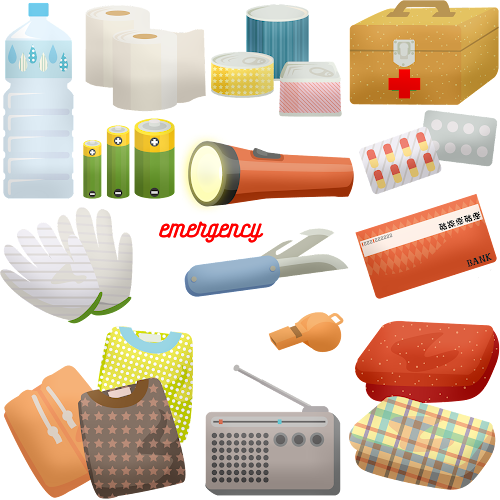You’ve probably been the recipient of a random act of kindness in your lifetime. Think back to an instance in which someone has helped you out of a tough situation when they could see you were having difficulty or when a friend simply paid you a compliment out of the blue. A sweet surprise like this can really make a difference. Did you also know such experiences can also be good for your health and overall well-being? It’s true. A random act of kindness can be a good deed, caring word, selfless act or small gift. Even a smile can brighten someone’s day. Take a look at some of the benefits of random acts of kindness.
Encourage Gratitude
Doing something nice for someone else can make you feel grateful for your blessings. This is especially true when the recipient of your act is less fortunate than you or in a tough spot. When you realize you’re able to give even the smallest bit of yourself to someone else, it shines perspective on the abundance you have in your life.
Lower Stress
Stepping out of ourselves in order to focus on someone else is another great way to gain renewed perspective. Plus, doing good just makes you feel better. It releases feel-good hormones and increases your happiness. Suddenly, your troubles may seem a bit less burdensome.
Improved Mood
Numerous studies have shown a positive effect on mood when people engage in random acts of kindness. You’re bound to feel better about life in general when you do good deeds. Improved mood, less anxiety and higher energy levels have all been linked to the performance of random acts of kindness. In fact, research has demonstrated that the pleasure and reward centers of the brain actually light up in those who perform these acts in much the same way as they respond in the recipients. It even has a name, and that’s “helper’s high”.
Less Pain
You might even feel physically better when you practice kindness. It’s been proven that endorphins are released in the brain after doing something for someone else. Endorphins are hormones produced in the brain and nervous system. They’re often referred to as natural painkillers for their pain reducing abilities.
Better Relationships
When you do something nice for another person, they will naturally recall that act with fondness. Random acts of kindness promote good feelings among people and increase connections. These bonds can lead to better relationships and lasting positive interpersonal results.
These are merely a handful of the rewards that come from doing random acts of kindness. Remember, it doesn’t matter how small the gesture. Doing good always makes a positive difference to both the giver and the recipient.









